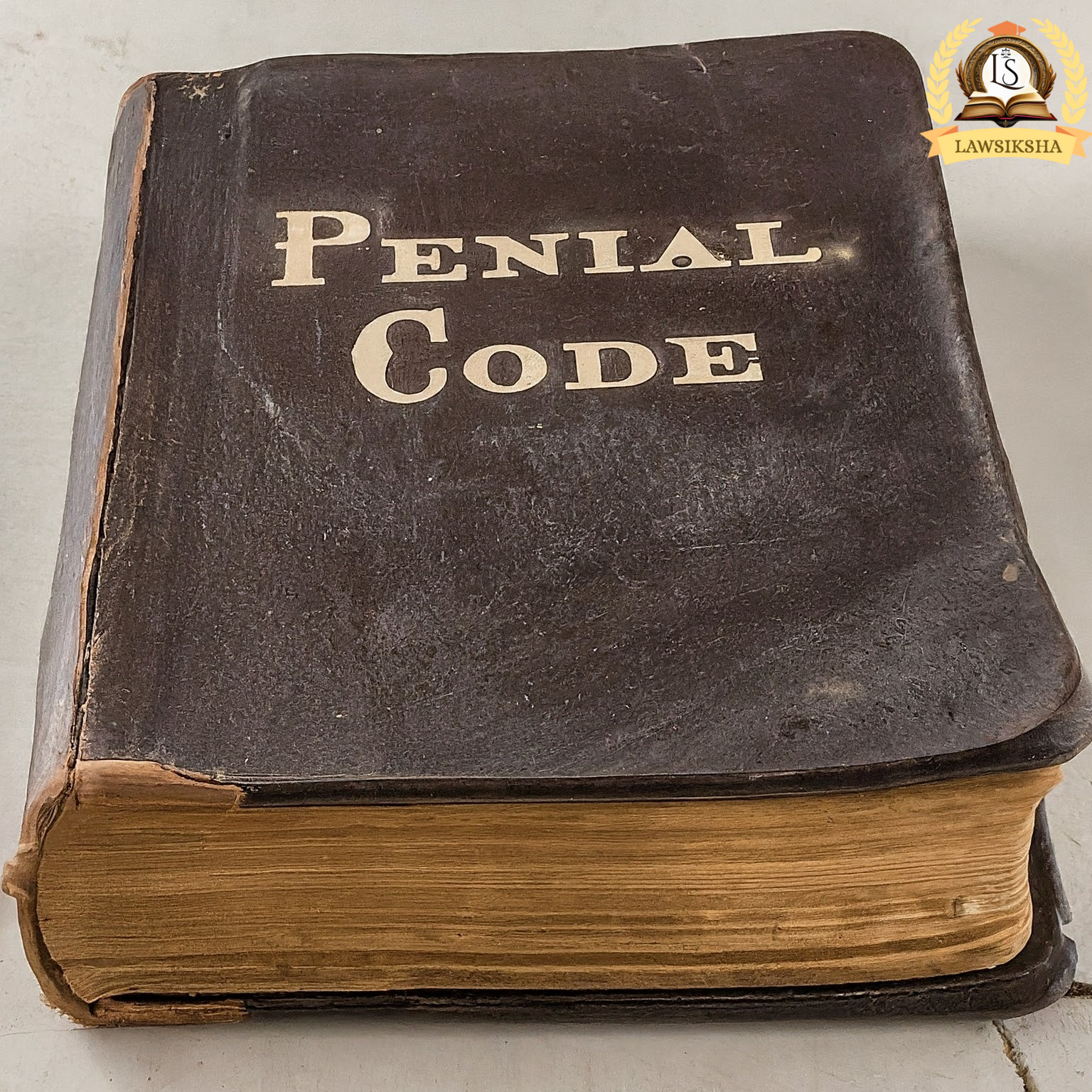
Table of Contents
ToggleDifference Between Penal Code and Other Enactments: A Comprehensive Legal Analysis
Introduction:
Understanding the Legal Framework
In the intricate web of legal systems, a clear distinction exists between the Penal Code and other enactments. The Indian Penal Code (IPC), serves as the bedrock of criminal law in India, laying down the foundation for defining crimes and prescribing punishments. However, beyond the IPC, several other enactments address specific areas of criminal law, creating a layered legal structure that demands careful navigation. This article explores the differences between the former and latter, highlighting their respective roles and applications within the Indian legal system.
What is the Penal Code?
The Penal Code, in essence, is a comprehensive statute that codifies offenses and prescribes punishments for a wide range of criminal activities. The Indian Penal Code (IPC), enacted in 1860, is the primary criminal code of India. It applies uniformly across the country and covers general offenses such as theft, murder, assault, and fraud.
Key Features of the Penal Code:
Universal Application: The IPC applies uniformly across India, providing a standard legal framework for addressing crimes.
Comprehensive Coverage: The IPC covers a broad spectrum of criminal activities, ensuring that most common offenses are addressed within a single statute.
Prescribed Punishments: The IPC not only defines crimes but also prescribes the punishments associated with each offense, ranging from fines to imprisonment and even capital punishment in extreme cases.
What Are Special Enactments?
Special enactments refer to laws that are enacted to address specific issues or areas of concern that may not be adequately covered by the general Penal Code. These laws are often introduced to tackle emerging challenges, societal changes, or particular types of offenses that require specialized legal attention.
Examples of Special Enactments:
The Narcotic Drugs and Psychotropic Substances Act, 1985 (NDPS Act):
This law addresses offenses related to drug trafficking and substance abuse, prescribing stringent punishments to combat the menace of narcotics.
The Protection of Children from Sexual Offenses Act, 2012 (POCSO Act):
This legislation is designed to protect children from sexual abuse, with provisions for special courts and procedures to ensure swift justice.
The Prevention of Corruption Act, 1988:
This act targets corruption in public services, with specific provisions for investigating and prosecuting corrupt officials.
Distinction Between Penal Code and Special Enactments
While the IPC provides a broad framework for criminal law, special enactments are designed to address specific issues with more focused legal provisions. The following are the key differences between the Penal Code and other enactments:
1. Scope of Application
Penal Code: The IPC applies universally to all citizens and covers a wide range of offenses.
Special Enactments: These laws apply to specific areas or groups, such as the NDPS Act, which targets drug-related crimes, or the POCSO Act, which focuses on child protection.
2. Nature of Offenses
Penal Code: The IPC deals with general criminal offenses, including common crimes like theft, murder, and assault.
Special Enactments: Special enactments address specialized crimes, such as cybercrimes, drug trafficking, and corruption, which require specific legal provisions.
3. Legal Procedures
Penal Code: The IPC follows standard legal procedures applicable to criminal trials in India.
Special Enactments: Many special enactments include unique procedural requirements, such as the establishment of special courts, fast-track trials, or mandatory minimum sentences.
4. Punishments
Penal Code: Punishments under the IPC are prescribed based on the severity of the offense and may range from fines to life imprisonment or death.
Special Enactments: Special enactments often prescribe harsher penalties for certain offenses to deter specific types of crime, such as the stringent penalties under the NDPS Act.
Case Laws Illustrating the Differences
The Indian judiciary has played a pivotal role in interpreting and distinguishing between the IPC and special enactments. Several landmark cases have highlighted these differences:
1. State of Maharashtra v. Mohd. Yakub(1980)
Context: This case involved smuggling activities under the Customs Act, 1962, a special enactment.
Ruling: The Supreme Court upheld the application of the Customs Act over the IPC, emphasizing that special enactments are designed to address specific crimes that may not fall within the general provisions of the IPC.
2. Bachpan Bachao Andolan v. Union of India(2011)
Context: This case dealt with child trafficking and exploitation under the IPC and the Juvenile Justice Act, 2000 (a special enactment).
Ruling: The Supreme Court reinforced the need for special enactments like the Juvenile Justice Act to address issues that the IPC may not cover comprehensively, particularly those involving vulnerable groups like children.
3. Gian Kaur v. State of Punjab (1996)
Context: This case involved the interpretation of abetment of suicide under the IPC in conjunction with the Mental Health Act, 1987 (a special enactment).
Ruling: The Supreme Court clarified the interplay between the IPC and special enactments, stating that while the IPC provides a general framework, special enactments offer additional protections and remedies for specific situations.
Conclusion: Navigating the Legal Landscape
The distinction between the Penal Code and other enactments is crucial for understanding the breadth and depth of criminal law in India. While the Indian Penal Code serves as the backbone of criminal law, special enactments provide the necessary flexibility and specificity to address emerging legal challenges. Together, they create a robust legal system capable of adapting to the dynamic needs of society.
Understanding these differences not only aids legal professionals in navigating the complexities of the law but also ensures that justice is served in the most effective manner possible.

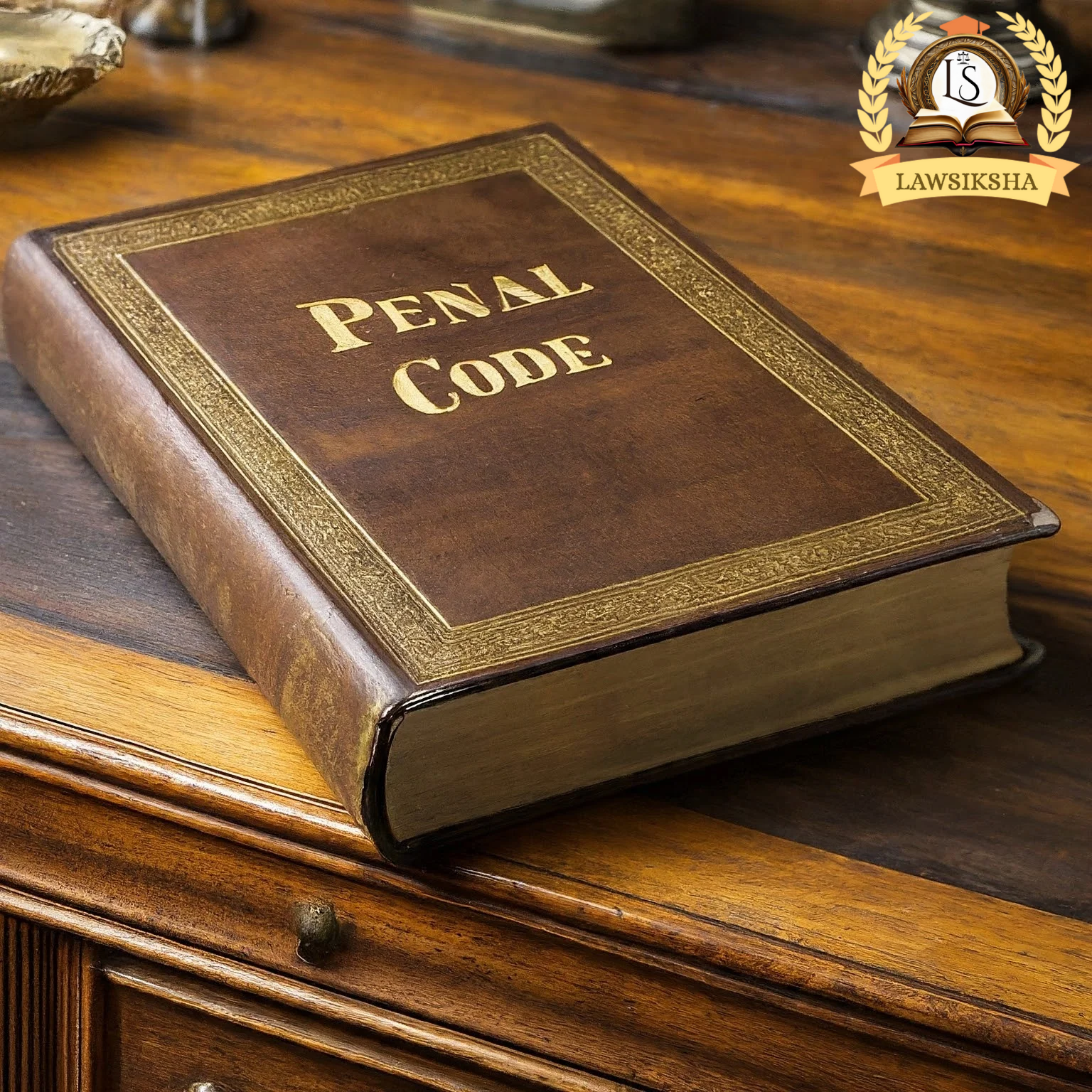






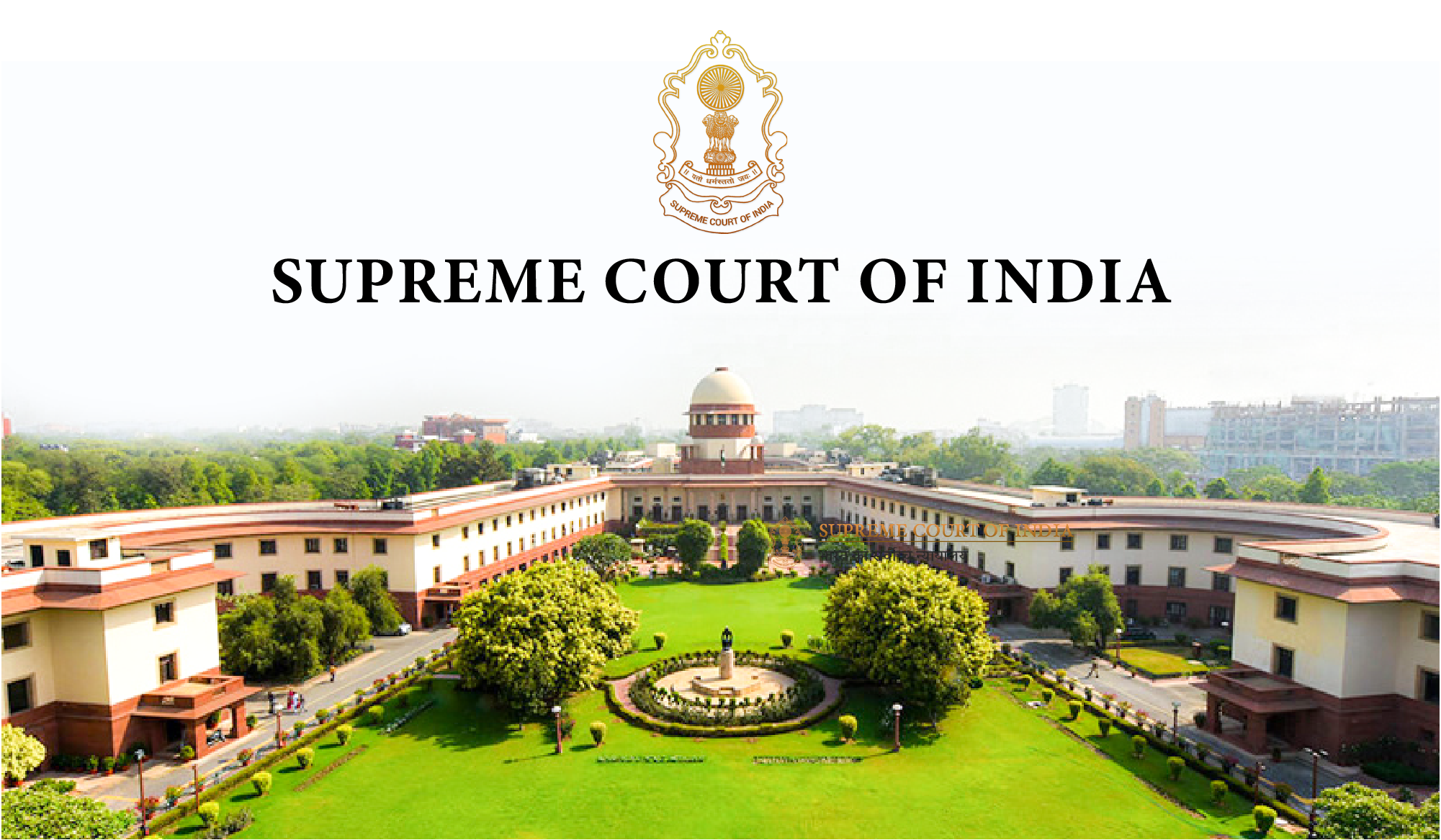

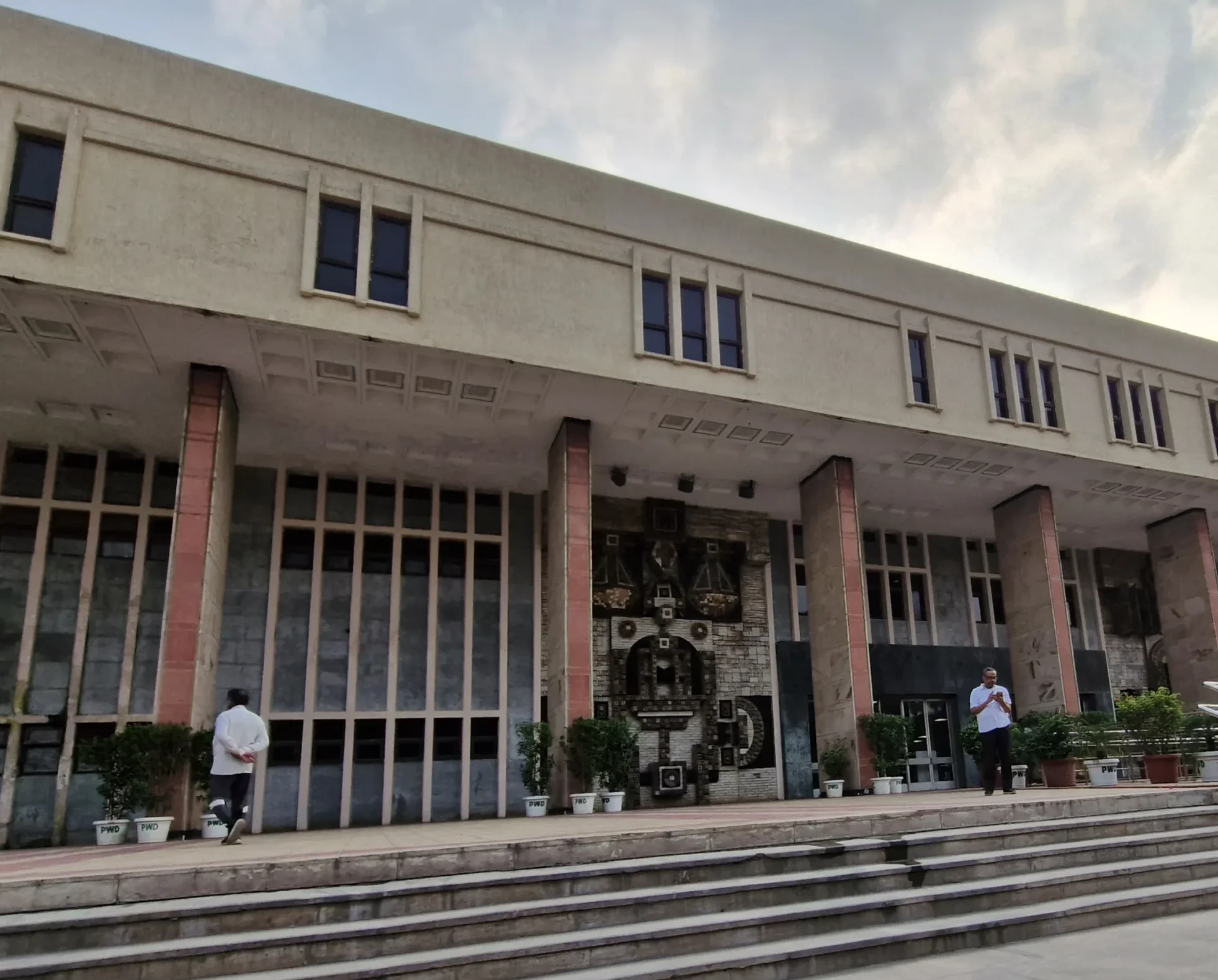

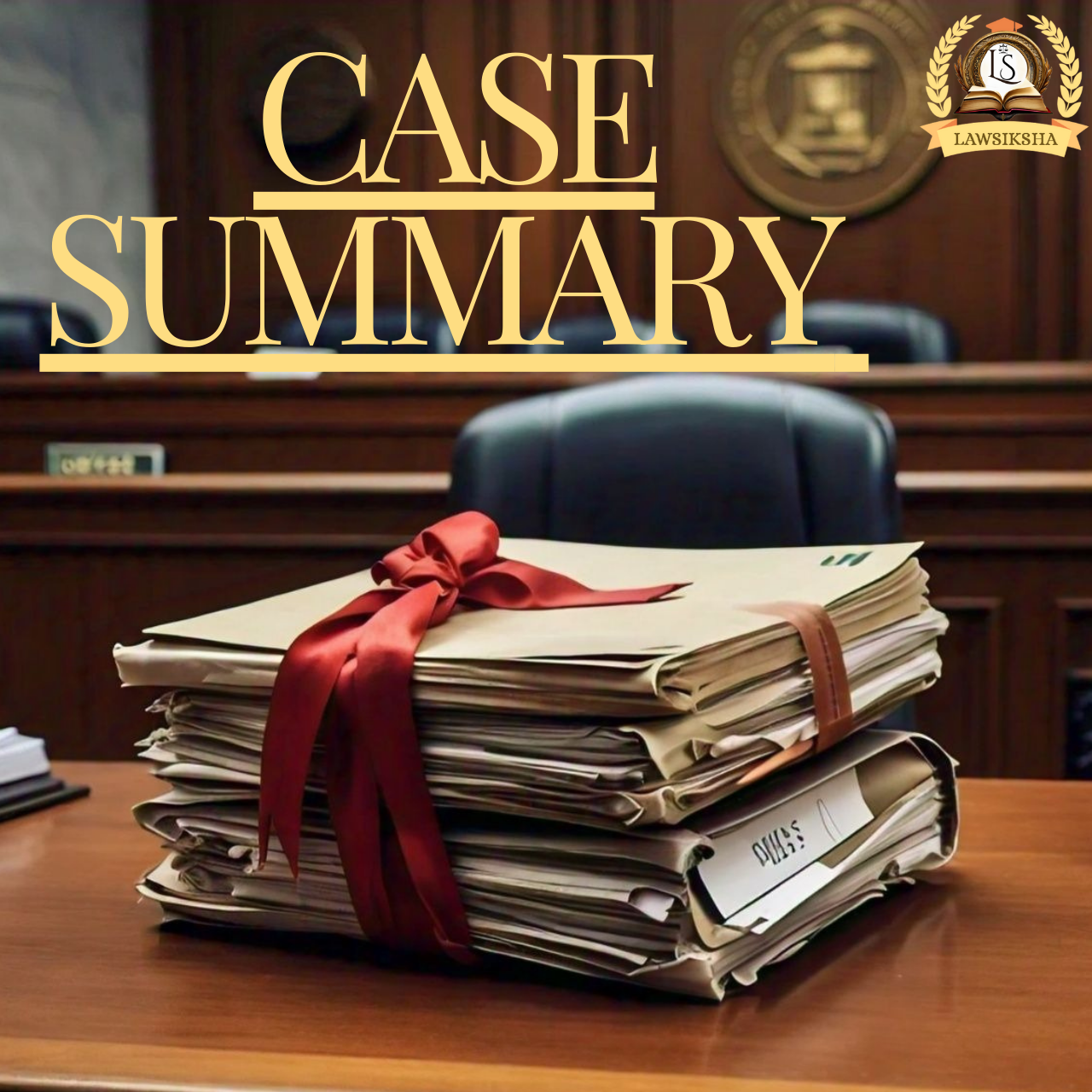
Leave a Reply